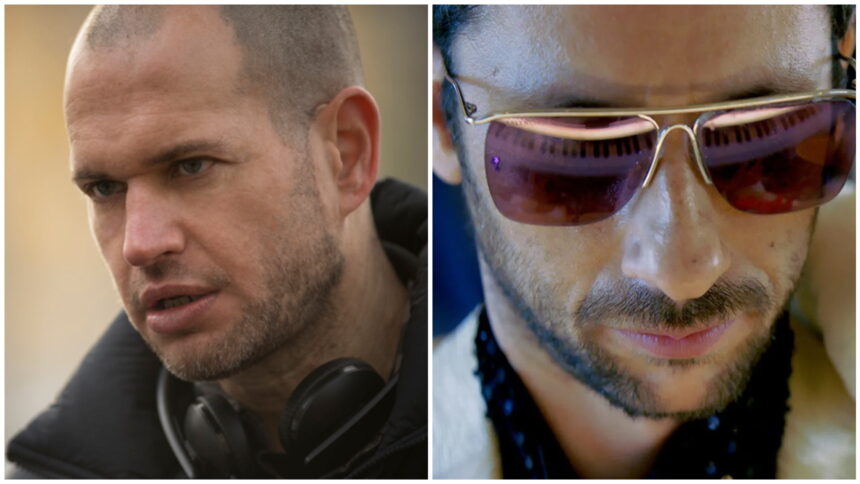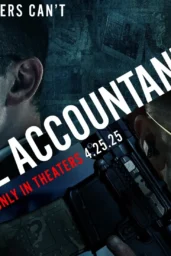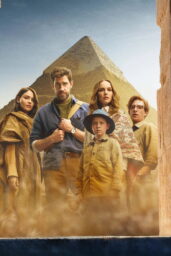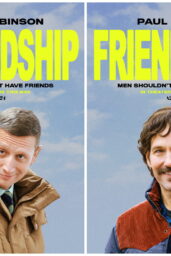Nothing about this was predictable.
Not the title (YES! — a monosyllabic scream that feels like a dare), not the plot, and definitely not the festival choice. Nadav Lapid, the enfant terrible of Israeli cinema, is back with a vengeance. This time, he's trading the safe pomp of Venice and the cryptic indie allure of Locarno for Cannes' rebellious sibling: Directors' Fortnight.
And honestly? That choice says everything.
The Plot That Dares You to Look Away
YES! follows a jazz musician named Y and his partner Jasmine, a dancer. But forget about soft-spoken art house romance. This isn't La La Land. It's a descent — into performance as prostitution, into the wounds of a nation that demands too much from its creators. Together, Y and Jasmine sell their bodies and talents to the elite, offering comfort to a fractured society. Their tipping point? Y is chosen to compose a new national anthem. Boom. Mic drop.
It's not subtle. It's not comfortable. And it's 100% Lapid.
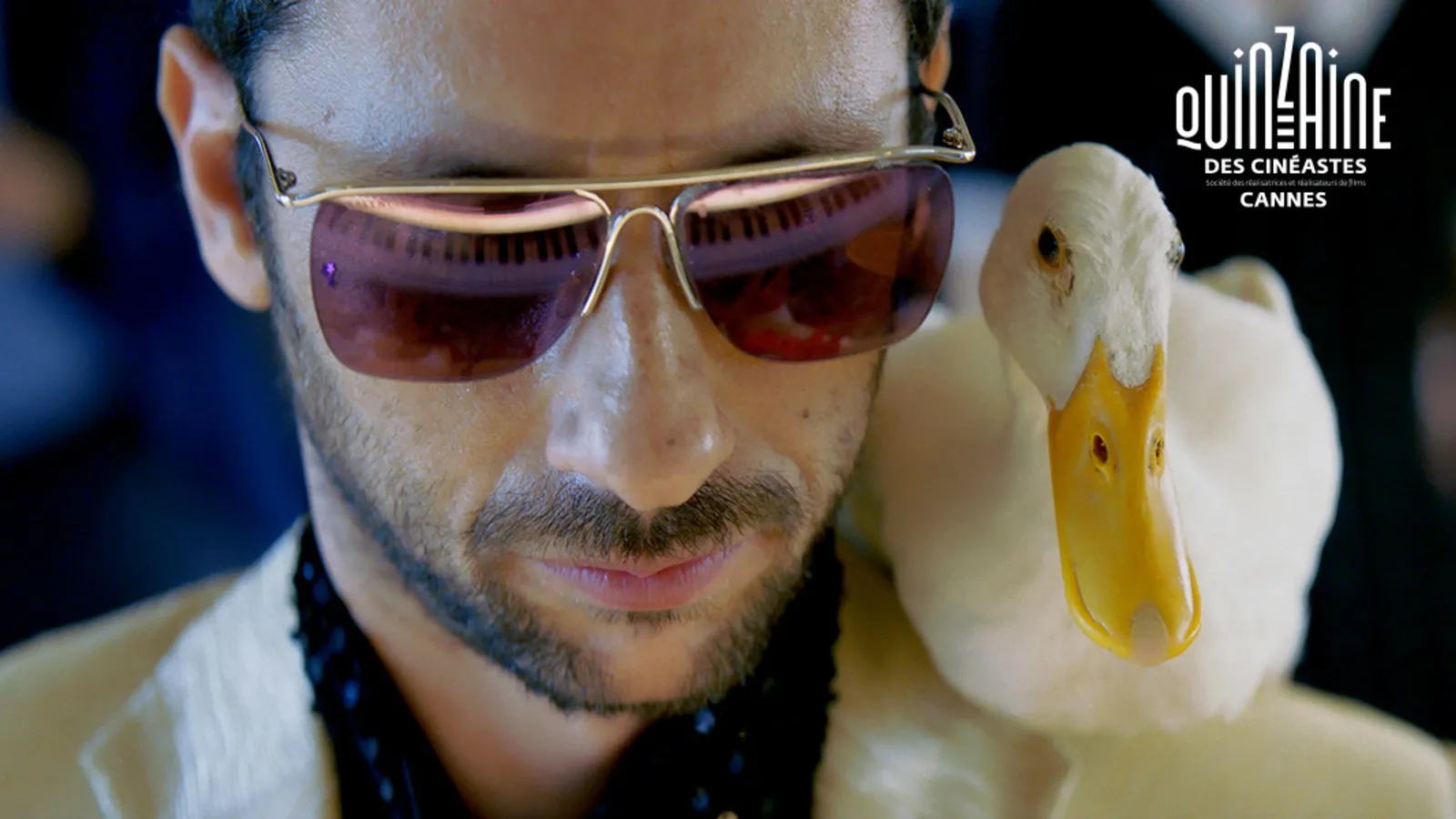
Lapid's Legacy of Provocation
This isn't Lapid's first time using cinema as a scalpel. In Policeman (2011), he turned Israeli masculinity on its head. Synonyms (2019) took home Berlin's Golden Bear for its searing exploration of identity and alienation. And Ahed's Knee (2021) was basically a Molotov cocktail lobbed at state censorship — earning the Jury Prize at Cannes.
So, why YES! now? Why this story, this structure, this screech of a title?
Because Lapid doesn't do easy. He does necessary.
Directors' Fortnight: A Strategic Provocation
Choosing Directors' Fortnight over Venice or Locarno isn't just a scheduling quirk — it's strategy. Fortnight is where risks are rewarded, where auteurs go to burn and bloom. Lapid's presence here aligns him with filmmakers who aren't trying to win golden statues. They're trying to start fires.
This is a space historically reserved for films like Blue Is the Warmest Color or The Rider — human stories told with a gut punch. If Cannes is a castle, Fortnight is the bonfire outside its gates. And YES!? It's the match.
Historical Echoes: National Anthems and Cinematic Dissent
Let's pause on the anthem plot point. A musician composing a national anthem while selling his body to the elite? That's not just a twist — that's Lapid's political thesis. It recalls films like Pablo Larraín's No, which weaponized advertising against a dictatorship. Or even Lars von Trier's The Idiots, where self-exploitation became resistance.
Lapid's anthem isn't about unity. It's about the cost of pretending unity exists.
Would You Say YES?
Here's the real kicker: YES! doesn't ask permission. It demands your complicity. You'll either love it or hate it. There is no middle. And Lapid? He's perfectly fine with that.
The uncomfortable truth: YES! might not win the Palme d'Or, but it could be the only film people are still arguing about in ten years.
So, would you say yes?

